”Eko was not only the largest guitar factory in Italy but also one of the greatest world successes in the field of musical instruments. The creator of this success was a character named Oliviero Pigini and to him we dedicate this virtual exhibition of celebrities who have embraced his tools.
Lorenzo
Oliviero Pigini, founder of Eko
Oliviero Pigini was a lion of the Italian industry who, since Eko was born in 1960, alone managed to bring the share of Italian guitars exported to the world from 0.8% in 1956 to 12% in 1965.
After starting out as an accordion manufacturer, Pigini decided to turn his attention to guitars and in 1956 he founded Giemmei (Giocattoli Musicali Italiani) in Castelfidardo, with which he managed the mail commerce of Sicilian and Yugoslavian guitars.
In 1959 he founded “Eko S.A.S. di Oliviero Pigini & Co.” and in 1960 took over a former accordion factory and began production on its own with the support of CRB Elettronica, which had already been designing and manufacturing pick-ups at Pigini’s request since 1958.
In 1964 Eko will move to Recanati, where, while Pigini and Augusto Pierdominici design Eko-branded guitars and basses, the factory will also produce instruments for other big companies such as Vox.
In 1965 he began the production of guitars with animals name (Cobra, Barracuda, Dragon, Condor, Cygnus) and the new signature guitars such as Rokes, Kappa, Auriga, Pace.
In 1966 he founded Comusik, with which he will manage instruments’ marketing (Eko, Vox, Thomas) and Genim which will manage the real estate part, such as the Eko hotel in Fano which, according to Pigini’s intentions, would have been the hotel dedicated to music and artists.
Still in 1966, however, a fire occurs (intentional, according to some ), which destroys a part of the Recanati plant and Pigini begins construction of the new Montecassiano plant but will never see the end as a heart attack will stop its race at the beginning of 1967. He was just 44.
Pigini with Eko staff
The Eko factory
Unfortunately, the death of Pigini coincides with the beginning of a market crisis caused by Asian competition and due to some not exactly right and far-sighted choices: under the guidance of Augusto Pierdominici, Eko updates and diversifies production, putting the guitar department in the background. and focusing everything on electronic musical instruments, keyboards and built-in effects like in Vox guitars.
This strategy would have proved to be unsuccessful, not because there was a lack of ideas and innovation, far from it (proof of this is the legendary Computerythm drum machine), but thanks to the aggressive Japanese commercial policy also in the electronic field (the Japanese government widely financed its music companies while the Italian government was only thinking of financing the FIAT “vampire”, which would lead the Italian car scene to bankruptcy, dragging all the best brands acquired over time with it).
The string instruments market, on the other hand, was not dying at all because the rock music scene never stopped and maintained its positions even during the 70s, 80s and following. This while Eko paid for the wrong choices such as that of falling back on the production of guitar copies and electronic instruments, effectively destroying the successful position that Pigini had achieved for Italian production in the world market of musical instruments.
The last attempts to bring the Eko back to its glorious times were under the careful guidance of Remo Serrangeli, who, with innovative product ideas, began production of high-quality guitars and basses but the sudden entry into the field of a new wicked management thwarted the efforts bringing Eko to an end in the mid-1980s.
This article will therefore be a celebration of the historic Italian brand, through the images of musicians, artists and those who have loved and used Eko instruments over time.
The world adventure
Pigini established several contacts with foreign distributors, including the Lo Duca brothers for the USA. Therefore Eko guitars and basses can be found with other brands such as Eston, Shaftesbury and later also D’Agostino, Camac … Some Vox were simply Eko instruments with the “Vox” brand on them.

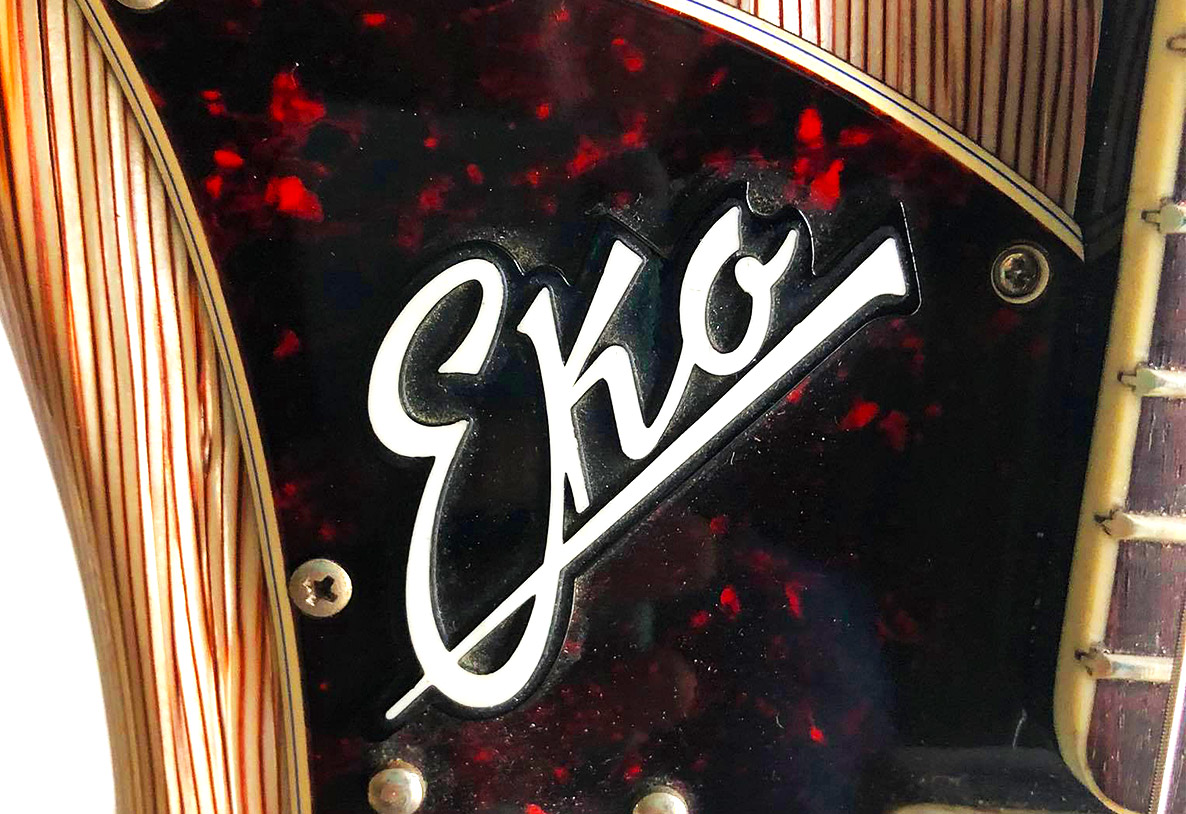
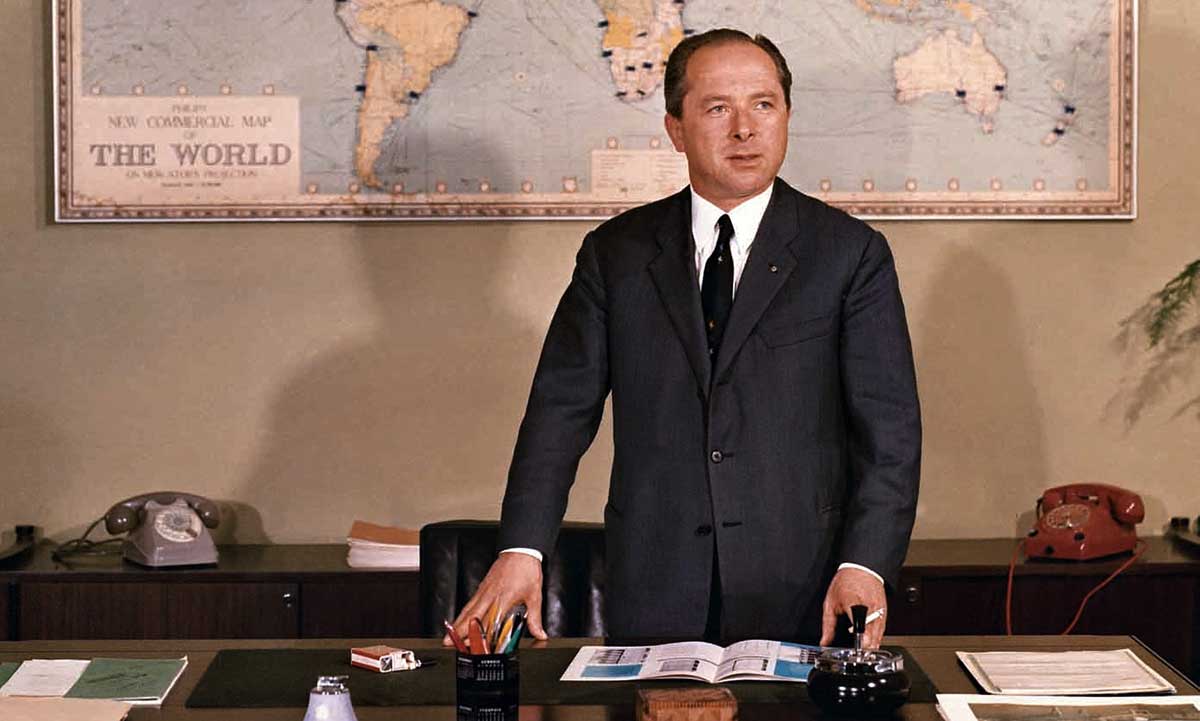



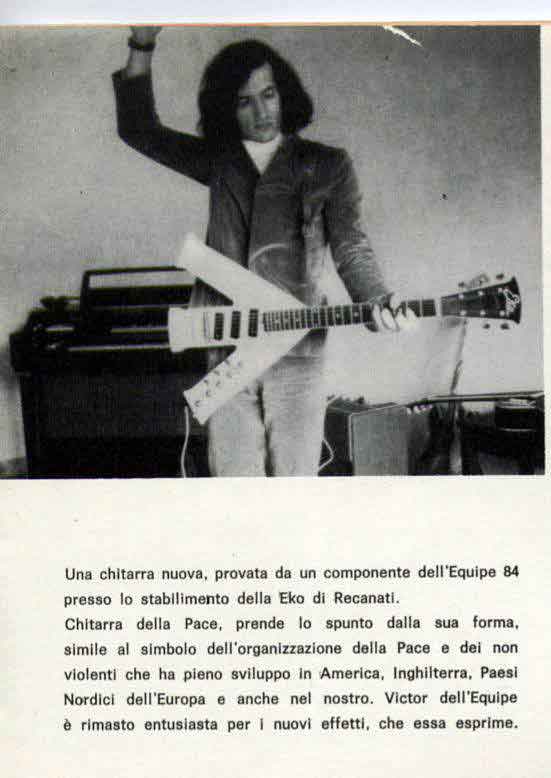
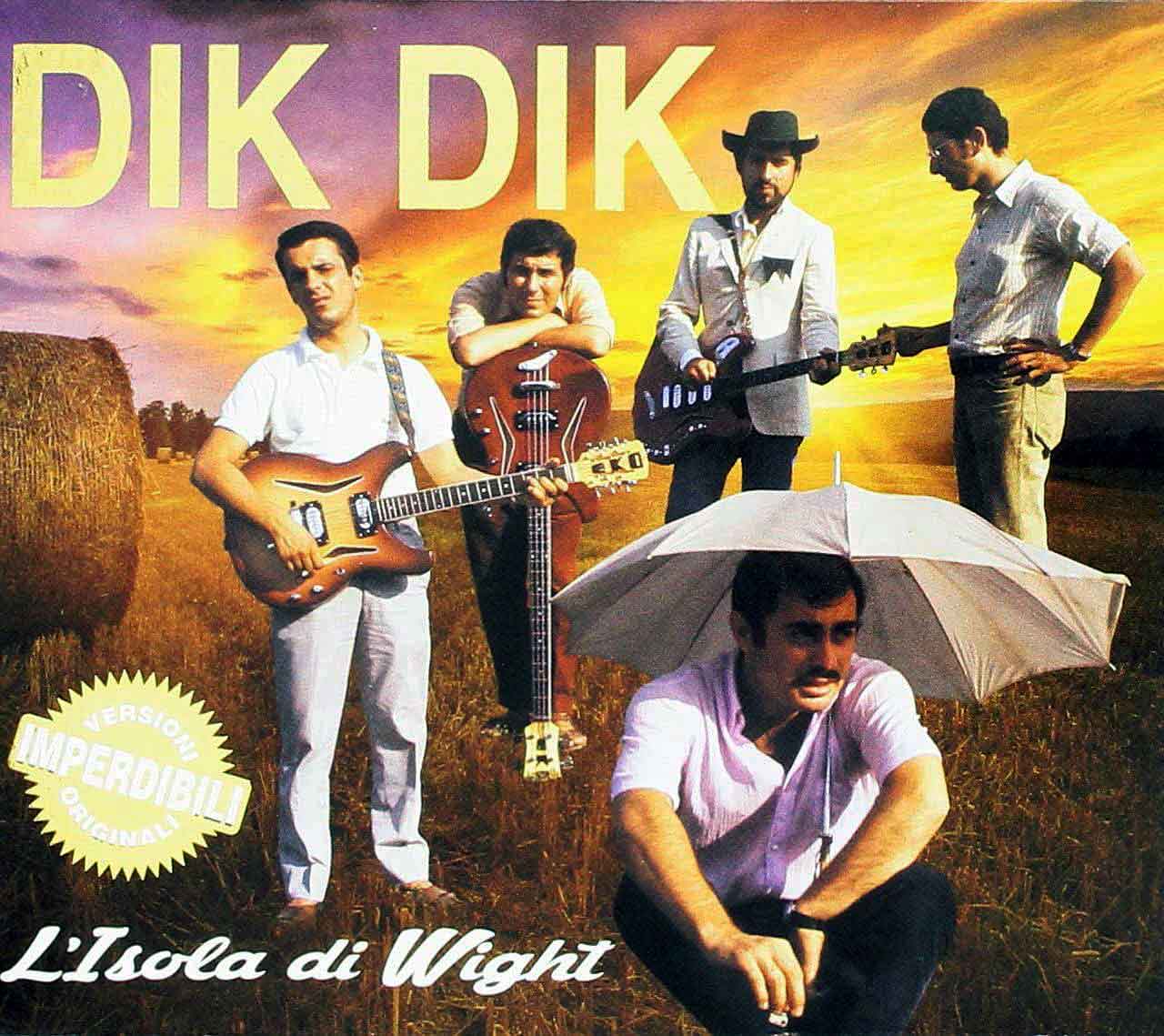
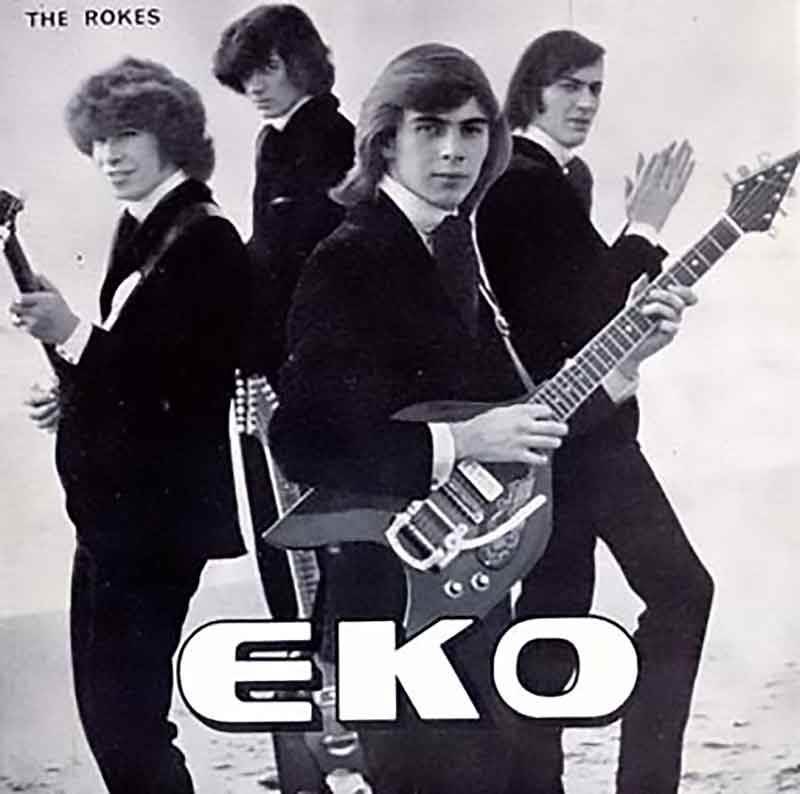
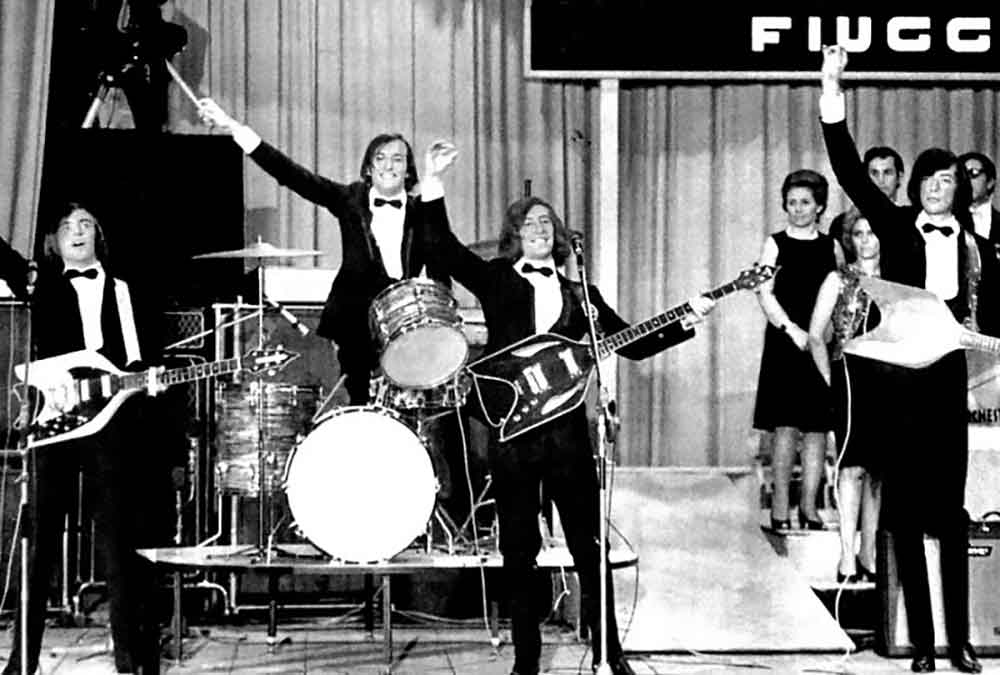

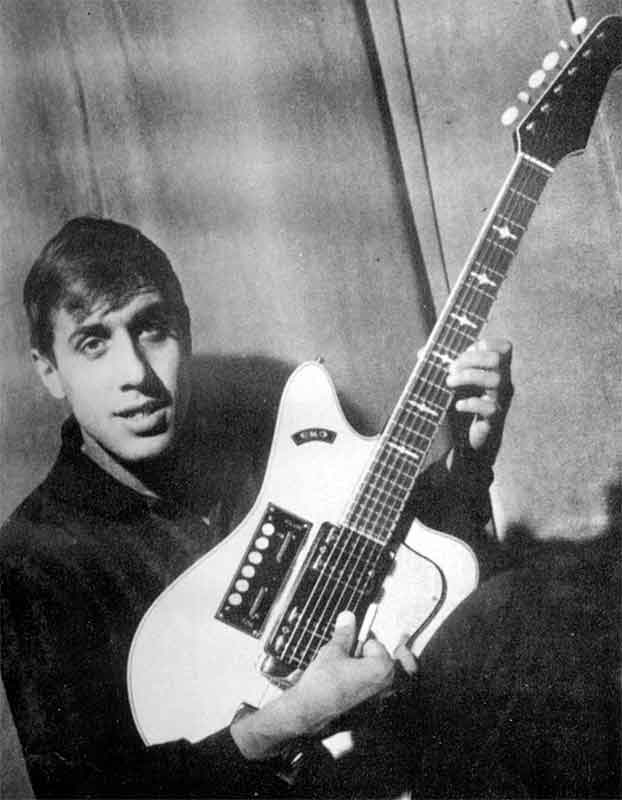
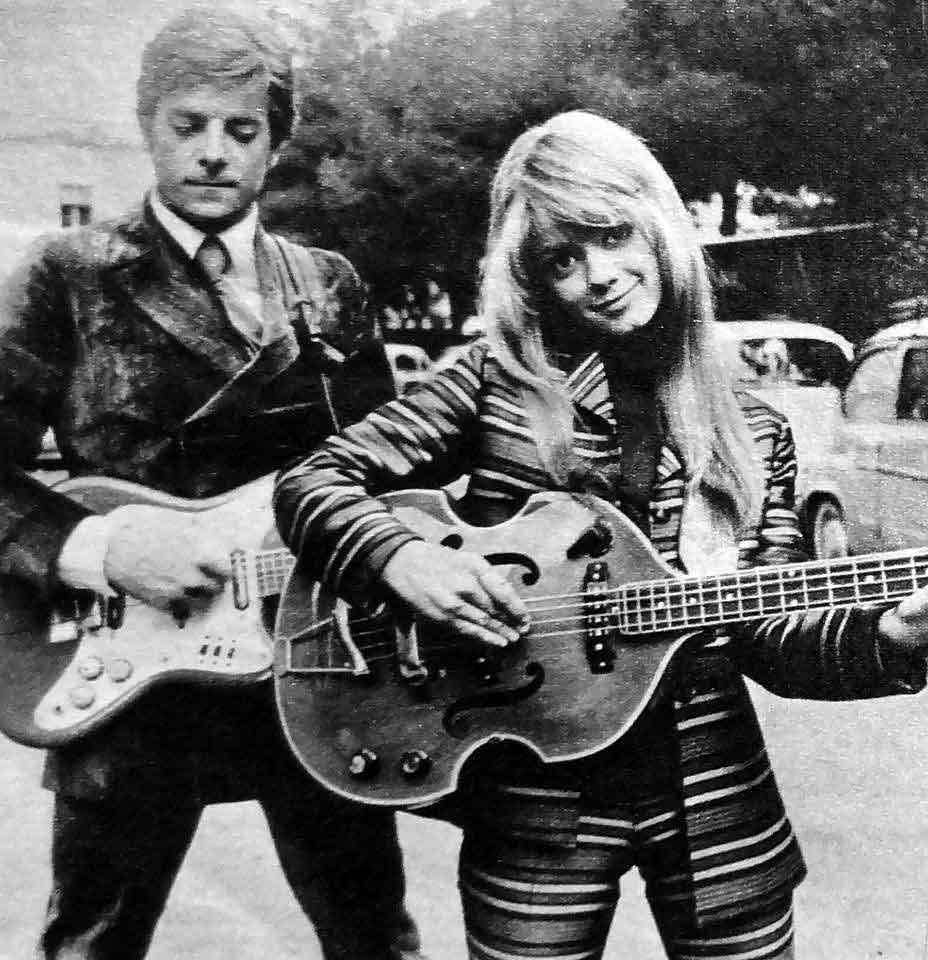

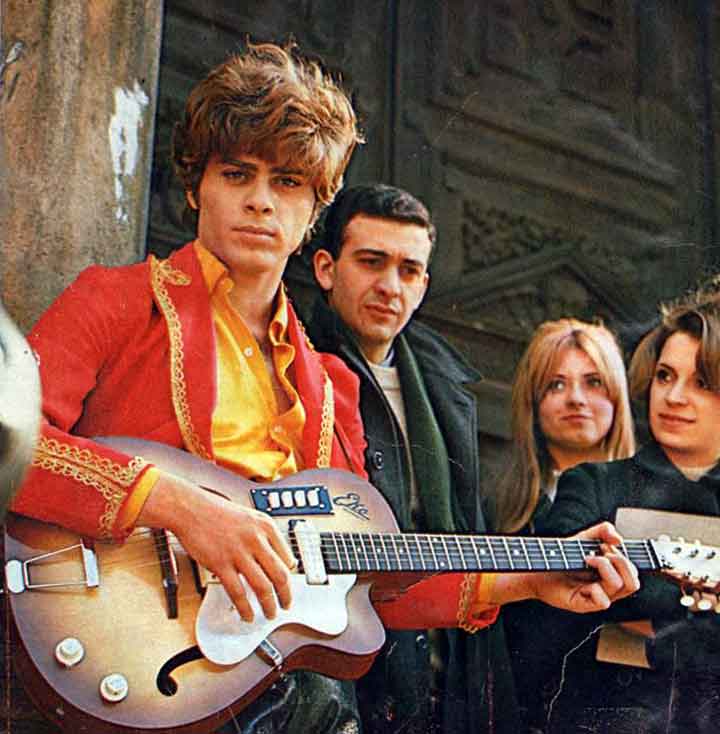
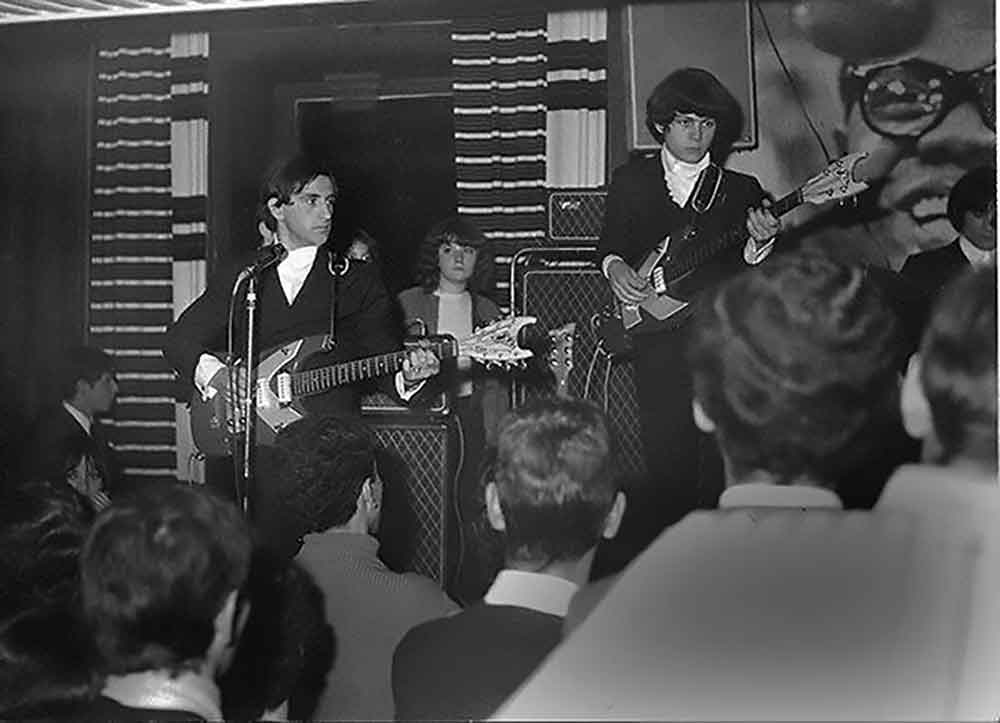
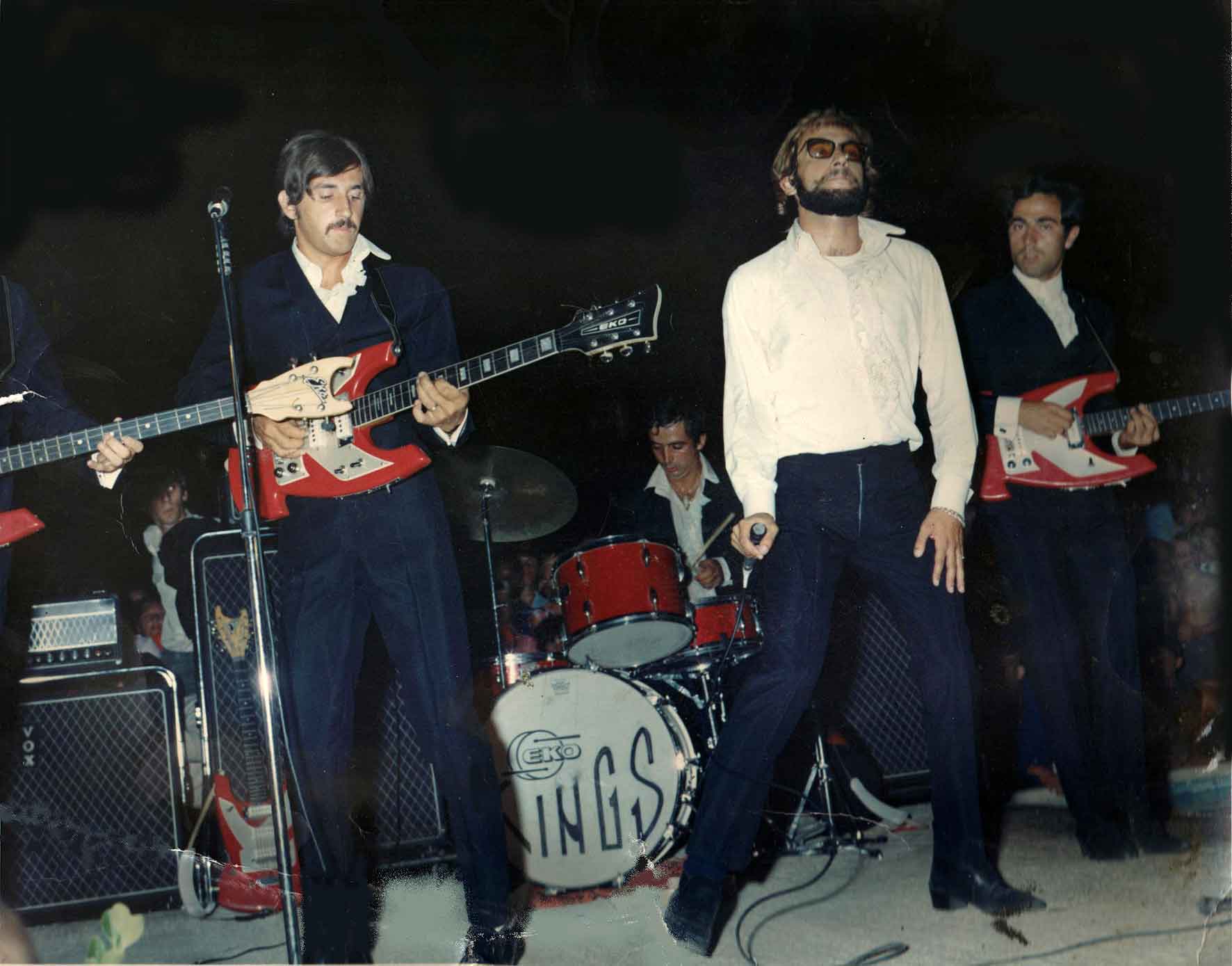

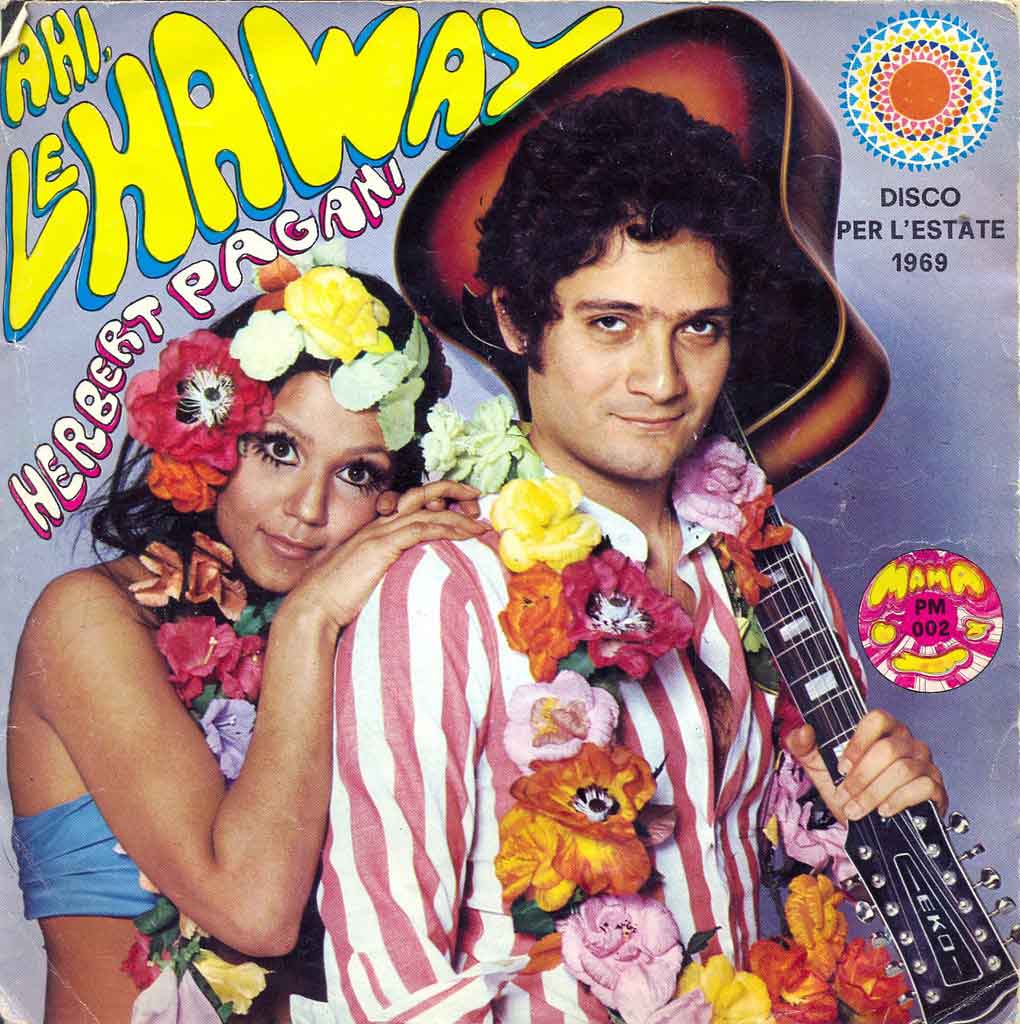
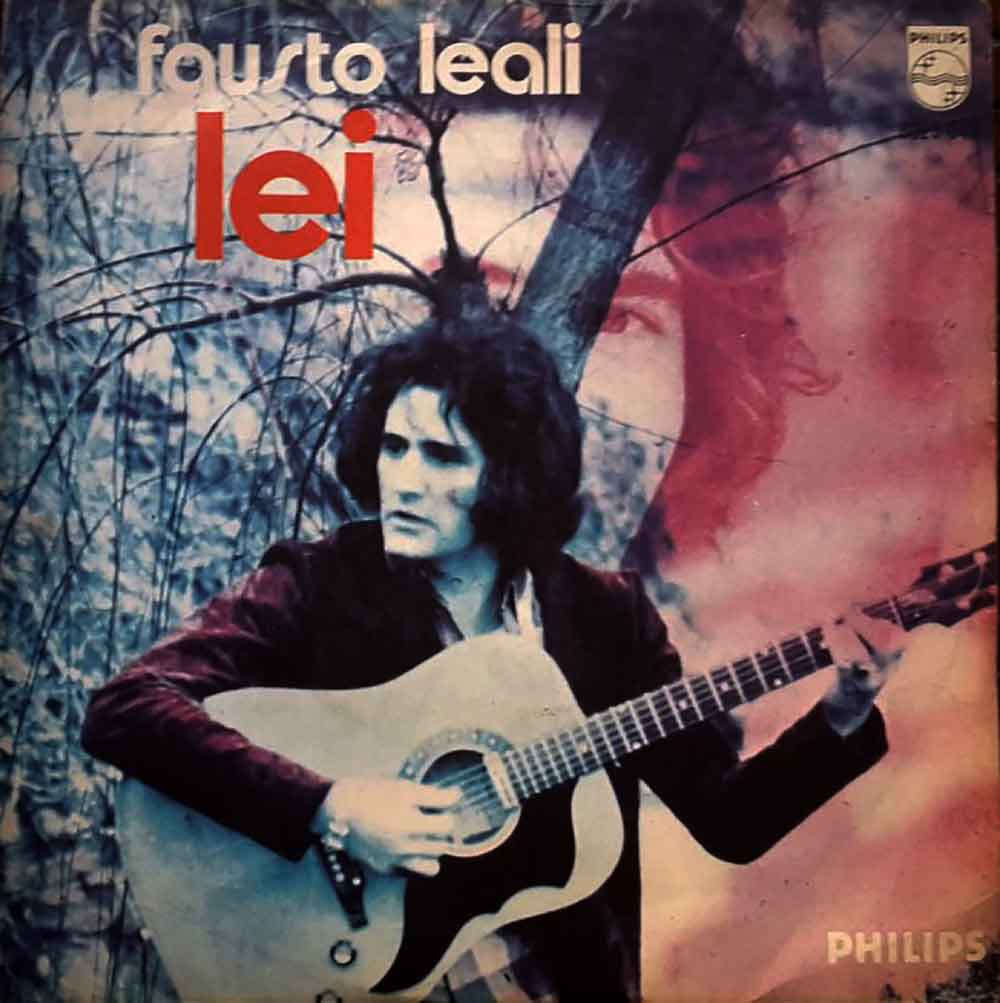
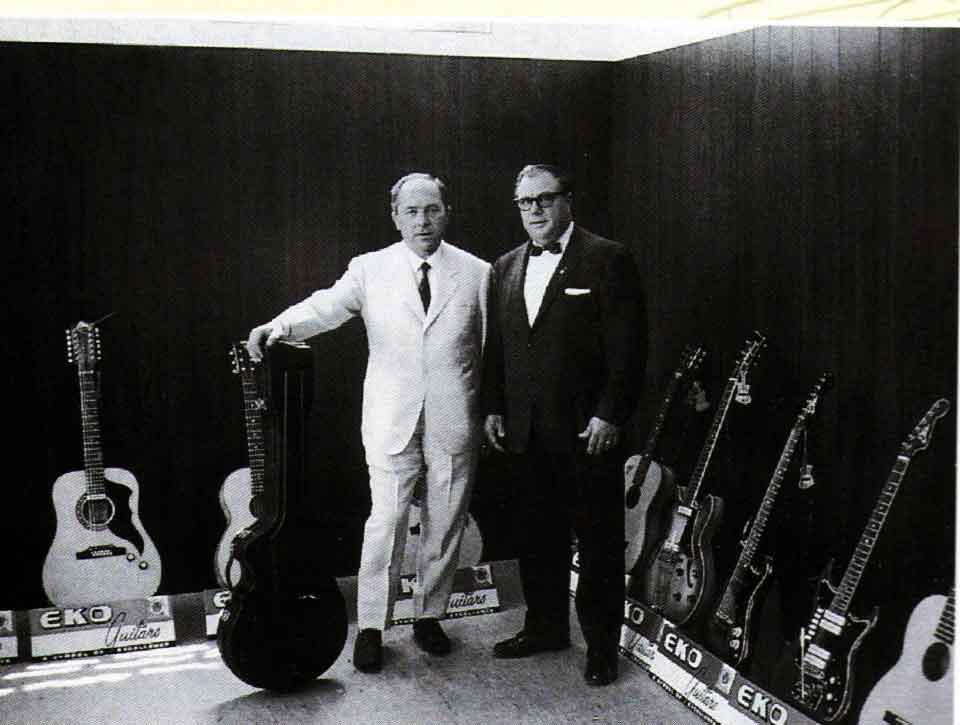

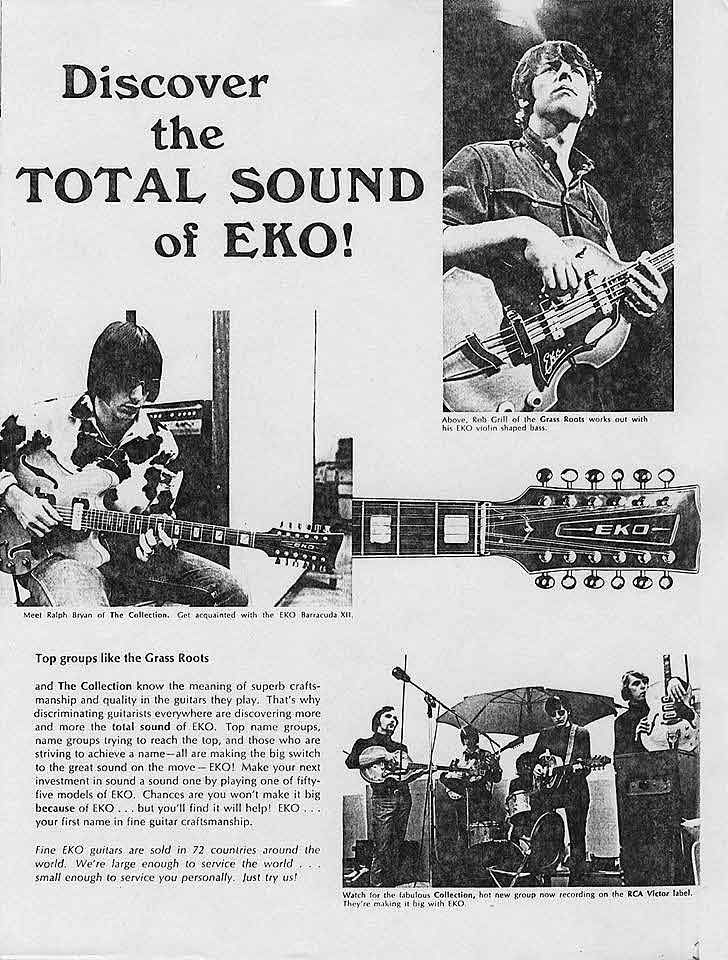

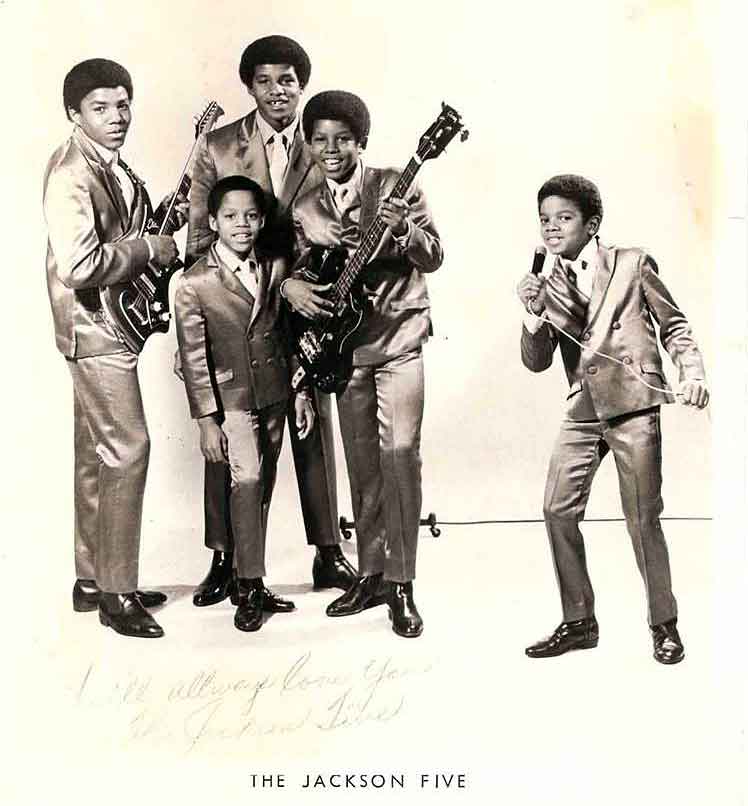
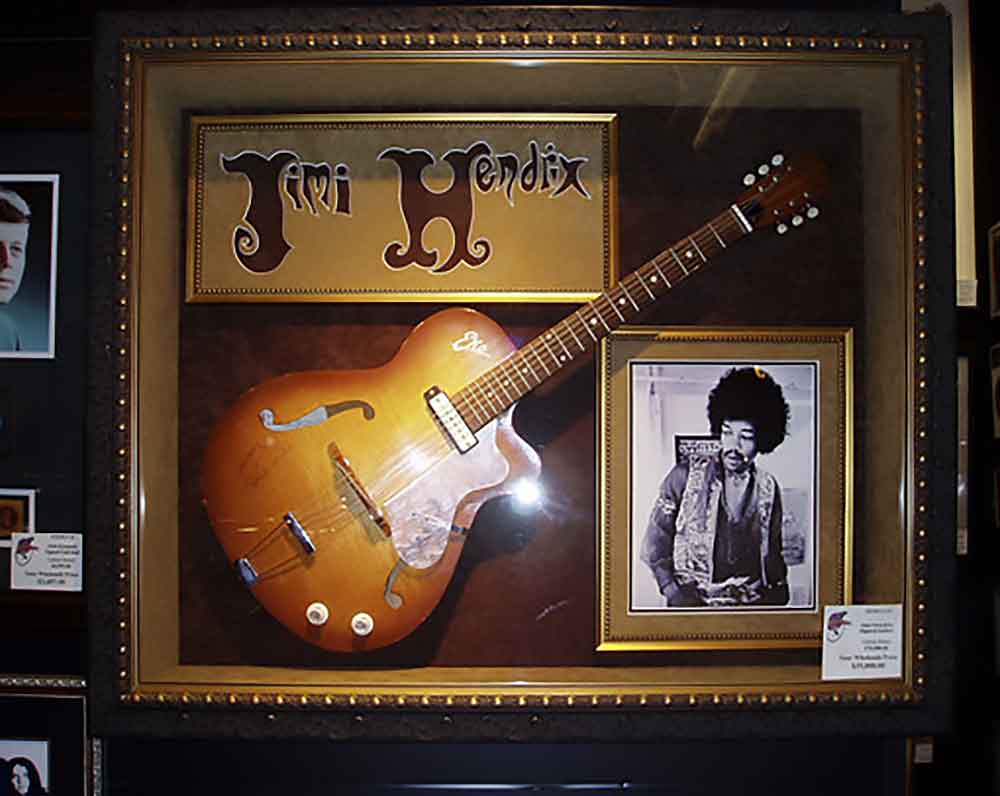

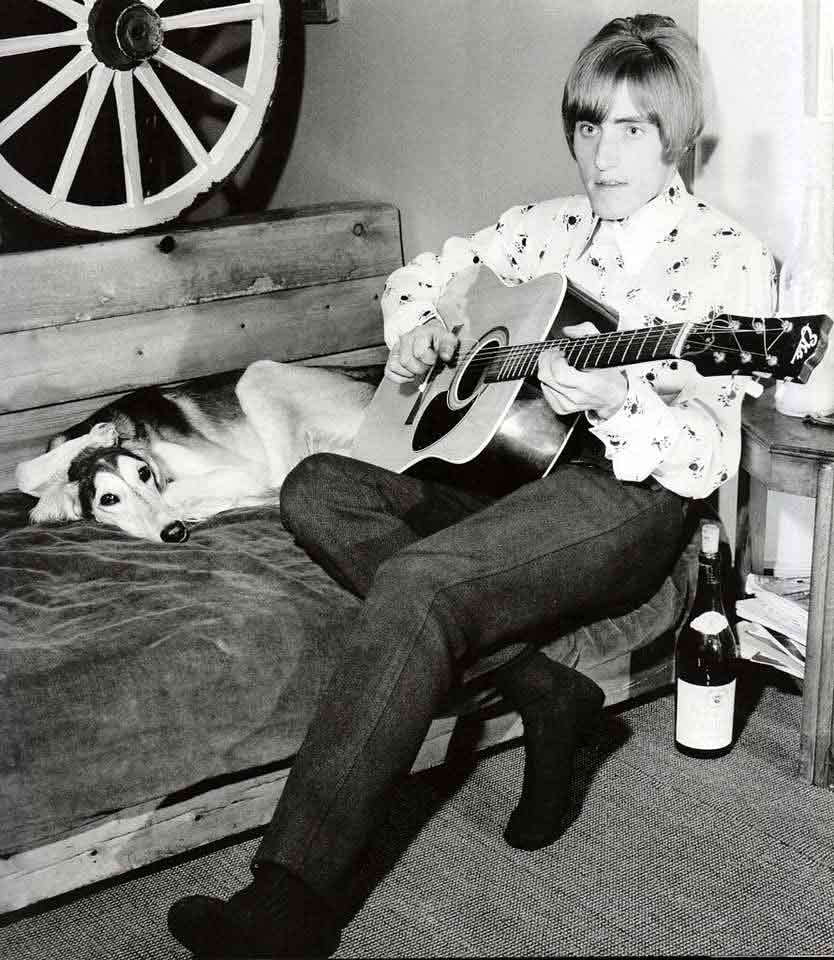

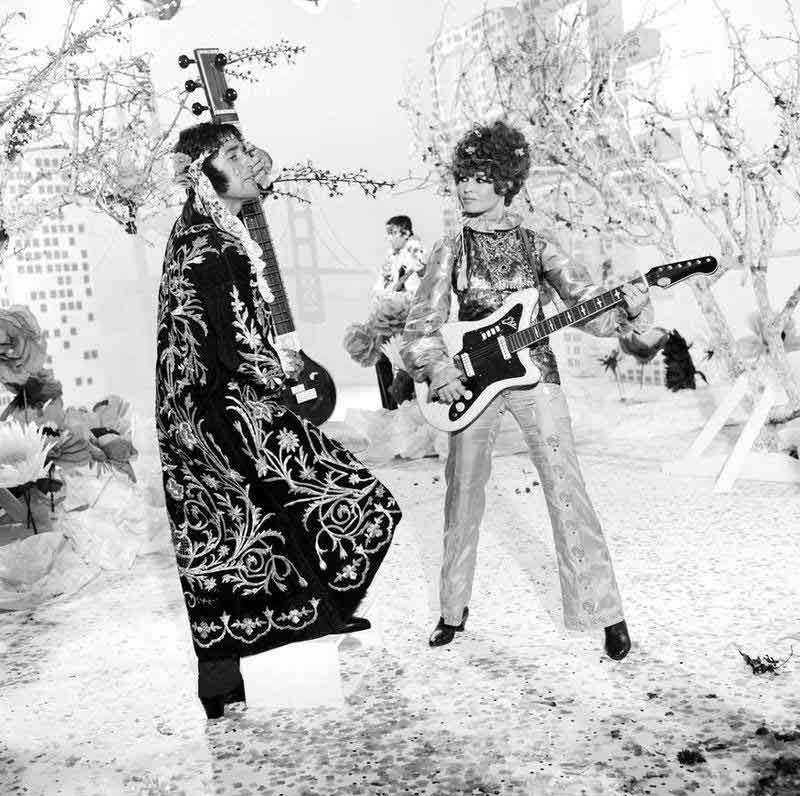

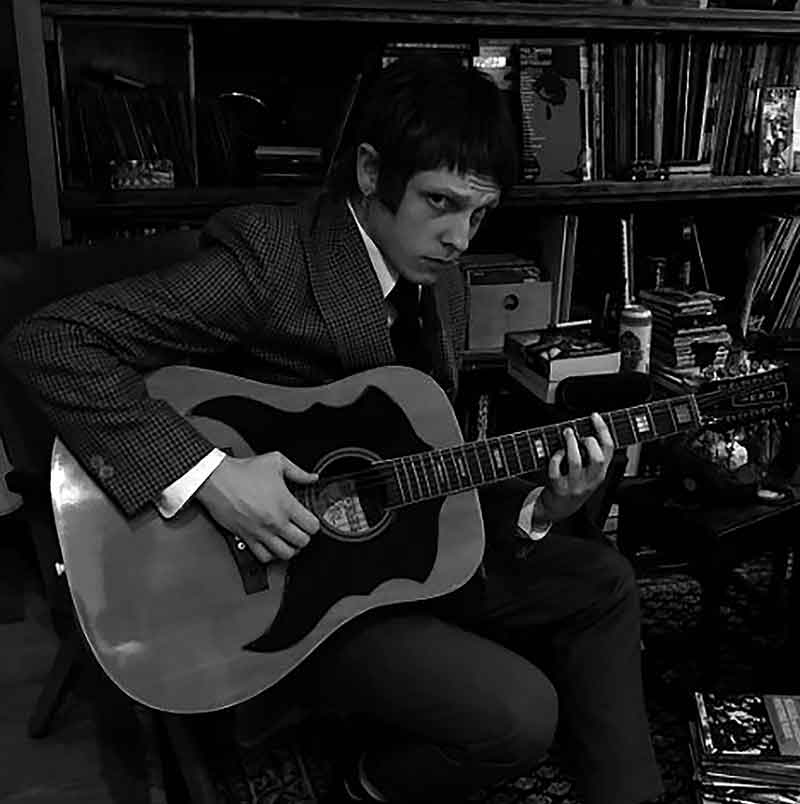



Too cool!
Thanks!